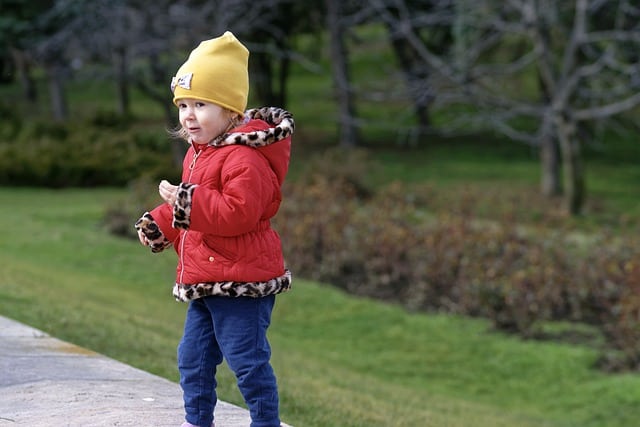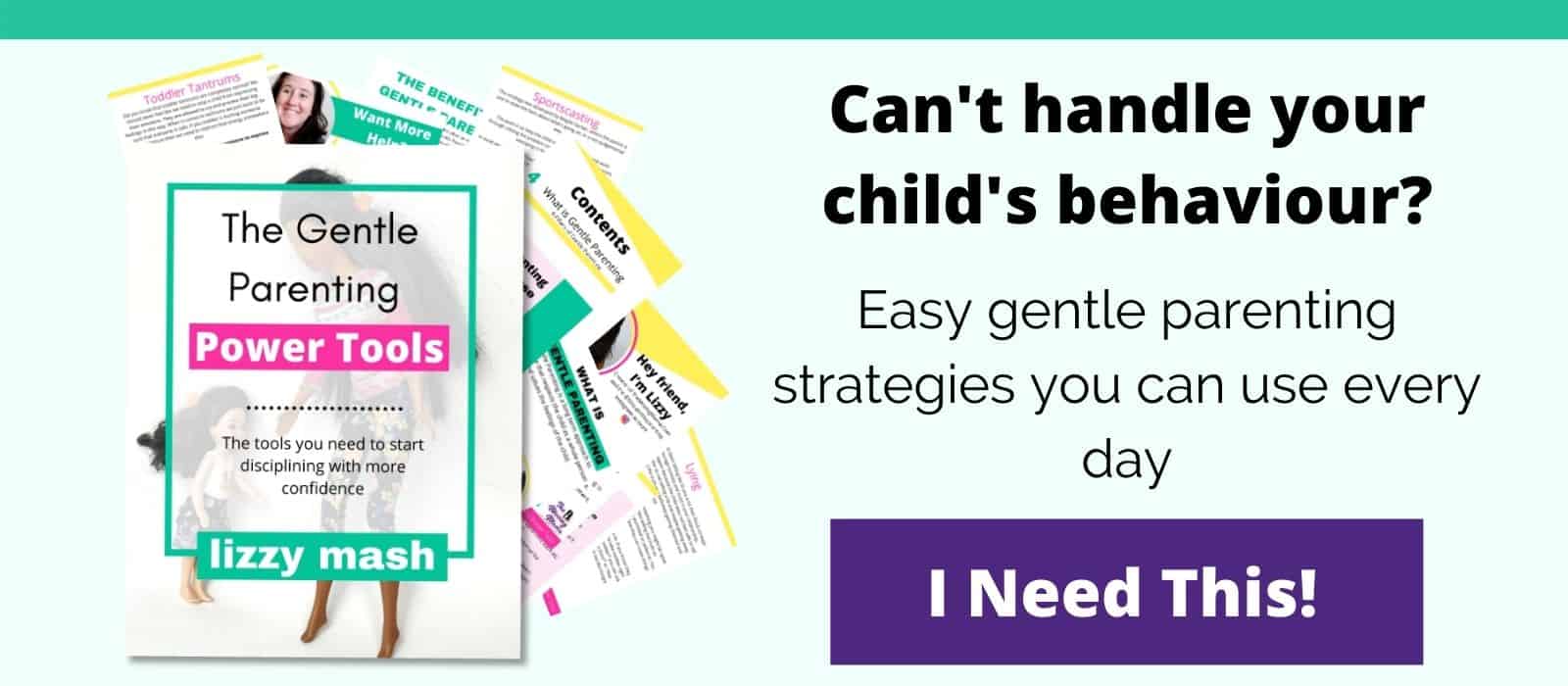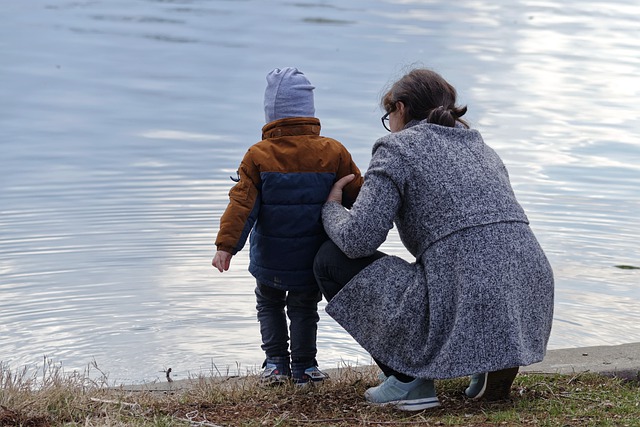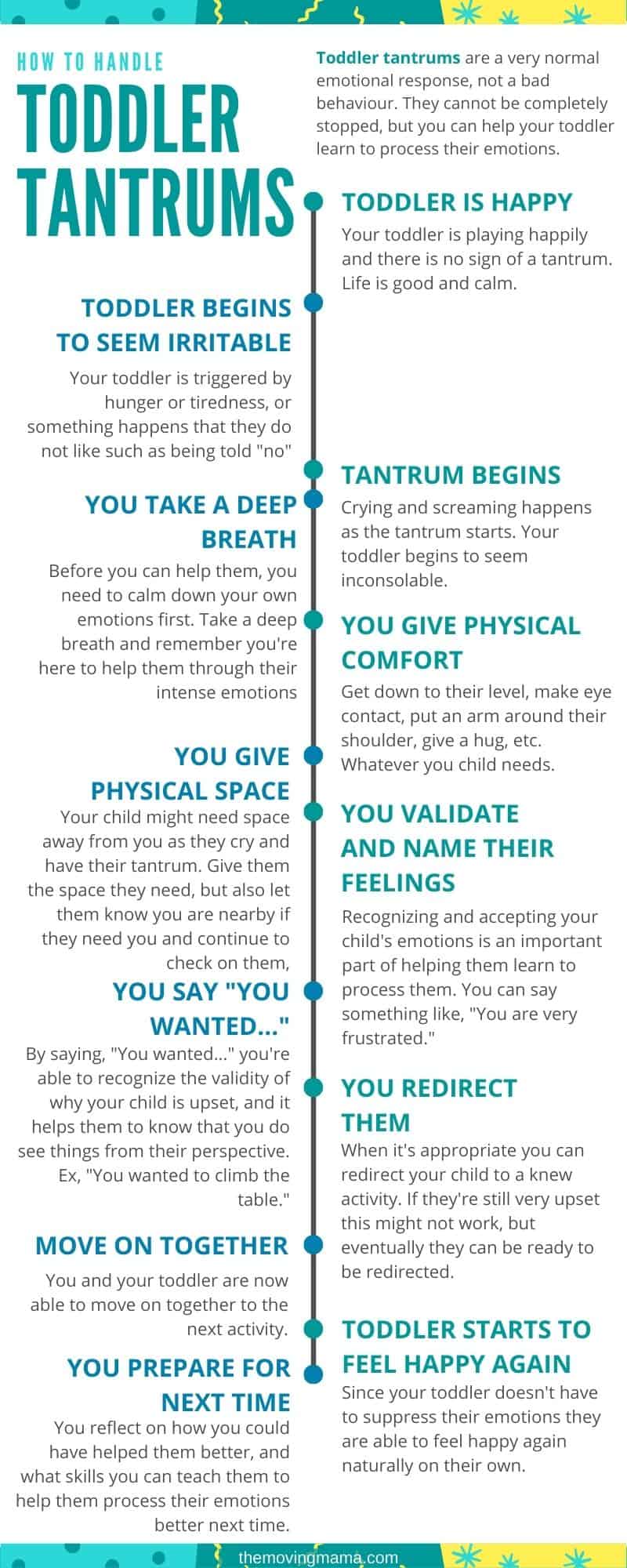Does your 3 year old have a lot of tantrums? You’re not alone. Learn here the quick way you can stop a tantrum in it’s tracks, and how to prevent future tantrums from your 3 year old as well.

Quick Way to Handle 3 Year Old Tantrums
So your 3 year old toddler is still having tantrums. Even though they can talk a lot now, they’re still having ear-piercing tantrums that are leaving you feeling exhausted and helpless.
Maybe you thought these tantrums were supposed to end after the “terrible twos,” but here we are, age 3, tantrums still going strong.
So, what shall we do about it?
(This post might contain affiliate links, which means if you happen to buy a product I love then I may get a commission – at no extra cost to you! For all the Ts and Cs go here.)
Are tantrums normal for 3 year olds
Tantrums are completely normal for a 3 year old, some parents even say their child had MORE tantrums at age 3 than at age 2 (maybe not what you wanted to hear).
It might seem surprising that your 3 year old who is usually so good at communicating what they want nowadays would still meltdown at the drop of a hat. Let me explain why this is so normal.
It’s all about the brain.

Your 3 year old’s right brain (emotions) is still more dominant than their left brain (reason). When something upsets them their right brain can take over FAST, and it becomes just about impossible to reason with them to calm them down, so they can end up having a tantrum over a very silly thing, but to them it’s not silly at all.
You can learn more about this through the book The Whole-Brain Child: 12 Revolutionary Strategies to Nurture Your Child’s Developing Mind by Daniel J. Siegel and Tina Payne Bryson.
At what age should a child stop having tantrums?
Tantrums will start to decrease especially as your child learns coping mechanisms to deal with their big emotions, and as their brain develops and they naturally gain more control over their right brain.
Most parents say that around age 4 they noticed the tantrums slowly started to decrease, but as we know, different child hit their milestones at different times, so there’s no one size fits all.
Even if it seems like your older child doesn’t have tantrums anymore they can still have a bad day and really need your support in order to get through it. They might still cry and have meltdowns when they’re overwhelmed, but they’ll be able to calm down more easily.
If your child seems to have more tantrums than other children it’s usually not something to worry about. Children are just different, and comparing them to other kids usually isn’t helpful. If you feel like you child might have something deeper going on though then follow your gut and talk to your doctor.
Why does a 3 year old have tantrums?
As I’ve already explained, the left brain-right brain situation perfectly explains why your 3 year old can have tantrums. Their emotions are triggered easily and it’s hard for them to calm down.
It’s important to know though that tantrums aren’t happening because your child is defiant or naughty. A tantrum is your 3 year old expressing their emotions. It might seem like defiance if they’re also not listening to you during their tantrum, but it’s pretty hard for them to think clearly during their tantrum, which makes it hard for them to listen.

The quick way to stop a 3 year old tantrum in its tracks
Do you want a simple solution to stop your 3 year old’s tantrums? Here it is:
Comfort.
That might seem basic, but it’s the #1 thing we can do for our tantruming 3 year old.
Remember, they are in a moment of big, overflowing emotions. They can’t access their reasonable mind and they’re trapped in these big emotions.
The best way to help the tantrum end is to respond to these big emotions with emotional comfort. When the emotional brain is soothed it helps them to calm down. The comfort makes them feel safe.

How to offer your 3 year old comfort in a tantrum
Start by offering non-verbal comfort.
This means any kind of comfort you can give without having to speak. Here are some examples:
- Hand on their shoulder
- Hug
- Letting them sit on your lap
- Cuddle
- Making eye contact
- Having relaxed body language
To add to the last point – our body language communicates A LOT to our child. If we are tense they will pick up on that.
It’s normal to feel tense during their tantrum though, and even triggered. It’s not actually that easy for us to stay calm and patient during a tantrum so that might be something to work on.
Try taking some deep breaths, relaxing your shoulders and relaxing your face. If we can be a calm presence for our children to enter into it will help them calm down.
Comfort from one of their moved loved people on earth will help them calm down.
Related: 6 Ways to Stop Being an Angry Mom
Next you can offer verbal communication if you can tell that might help.
Focus mostly on validating their feelings and creating a space of safety and security.
Avoid trying to reason with them why they don’t need to be upset anymore. For example if they’re trying because they wanted you to cut their sandwich, and now you have cut it, but they’re still crying…well explaining over and over again that their sandwich is now cut might not actually help them calm down.
Comfort might not work right away
The goal with our child’s tantrum is not to simply stop the tantrum, we want it to come to a natural end.
So we don’t want to do anything to suppress their emotions (leading to even more issues later in life) we just want them to have the tools to end it in their own time.
Our comfort is an awesome tool for our 3 year old to use to be able to calm down, and they might not calm down right away if the tantrum isn’t ready to end.
Do you ever “have a good cry” and then feel better afterwards? If you stopped crying before you were done you might not feel as good afterwards. “Letting it all out” feels therapeutic almost. I try to remember that when my own child is having a long tantrum even though I’m comforting her – maybe she just needs to let it all out.
Sometimes though, your child might not want a full on cuddle at the beginning of their tantrum, and the only comfort we can give is a calm look, but eventually they might be ready for that cuddle, and we can respect that and give them that cuddle, even if they rejected it at first.
Here is a helpful infographic I made when I wrote The Full Effective Guide to Toddler Tantrums so feel free to pin this on Pinterest, or save it to your phone for future reference.

How to prevent 3 year old tantrums
Ok, so that’s what you really need to know to tackle a tantrum when you’re in the thick of it, but how can you prevent them altogether? Some tantrums are definitely preventable! Here are 3 quick things to keep in mind to prevent tantrums.
#1. Which needs haven’t been met?
Is your child hungry, tired or lonely?
If so, a tantrum might be right around the corner.
You can prevent some tantrums just by making sure your 3 year old’s needs are met in advance and learning to recognize the signs that they might start to be irritable soon.
You should also be aware of these needs anytime before you leave the house and consider how long you’re going to be gone for. Or if you’re out doing errands and decide to do 1 more thing you might need to pause for a moment to consider if your child will be able to go much longer without a snack or some down time.
If my husband dragged me around on errands when I was really hungry or exhausted I might have a tantrum too. Being aware of our child’s needs is one way that we respect them (a core part of gentle parenting).
#2. Does your 3 year old have enough control?
Toddlers desire to have control over their lives. This is why they want to do things on their own, even if you could do it better and faster.
You can prevent tantrums by giving your 3 year old control and independence. Anything they CAN do on their own, allow them to do it.
Some tantrums come up because we are trying to control something in their life that they can do on their own, and that they deeply desire to do on their own.
Sometimes we have to be the one to do it, I get that, but we can also explain to our child why that’s the case. Maybe you’re running late so you just have to be fast, that’s understandable. But anytime you can give them independence it helps.
#3. Turn your no into a yes
I heard this from another mom recently and it’s a great tip!
She says to prevent tantrums that whenever she has to say no to her 3 year old, or deny them something they want, she quickly gives them a yes. It’s kind of like redirecting.
So if her child asks to go to the park, but for some reason they can’t go right now she could say, “No, we can’t go to the park, but [yes] we can go play in the backyard together. What do you want to play?”
Now the emphasis of the conversation isn’t on what the child CANNOT do, but on what they CAN do.
Sometimes the answer of “no” can feel really frustrating for a 3 year old and they can struggle to cope with that. Giving them a yes of some kind after the no can help them accept the original answer. And if they’re able to stay calm and not get emotional over your response is more likely they will understand why the answer is no (and it’s always good to explain our answers).

What if 3 year old tantrums are aggressive?
3 year old tantrums can absolutely get aggressive, even if we have the most peaceful approach to their tantrums, and it doesn’t mean we’re doing anything wrong.
Sometimes their emotions just get so big and so powerful that they end up hitting as a way to express or process their emotions. Even if they typical “know better” this can still happen. (Have you ever been really upset and say something hurtful to someone?)
Their emotion behind the tantrum is ok. It’s ok for your 3 year old to feel angry, frustrated, annoyed, overstimulated, etc. It’s appropriate for them to express those emotions through most forms of a tantrum.
The aggression isn’t acceptable or appropriate though. So when we respond to their aggression we must remember that that’s the part we have an issue with – no the tantrum as a whole.
So you can address their aggression gently, and still allow them to express their emotions in an appropriate way. If you’re getting a lot of aggression with your 3 year old then I would suggest you check out my blog post on toddler hitting because I go into a lot of detail about how to handle the aggression in the moment.
What you must remember most about 3 year old aggression during a tantrum though, is that’s it’s our responsibility to stay calm. Our child won’t be able to calm down if our emotions escalate as well.
Conclusion
I hope this has been useful for you and that you will be able to start implementing these tips soon. Comfort really does go a long way to help 3 year old tantrums.
Tantrums can be so overwhelming for us as the parent though. Sometimes I feel like my brain freezes because I don’t know what to say or how to proceed because I’m starting to get so emotional.
That’s why I made this Tantrum Scripts print out. It’s what to say during a tantrum to help my child calm down, instead of just reacting from my own emotions. It’s free for you to download and print or keep on your phone so next time your 3 year old has a tantrum you’ll know how to comfort them. Download it here.
If you have any questions or comments concerning 3 year old tantrums be sure to leave them in the comments sections. And how about those of your with older kids, what helped you the most to get through 3 year old tantrums? We would love to know!




Thank you, that was really helpful.